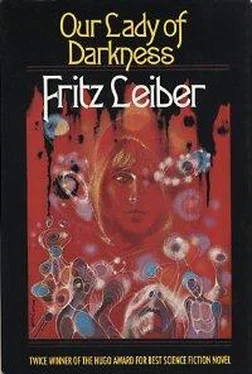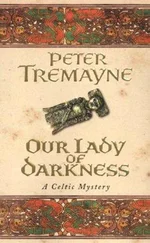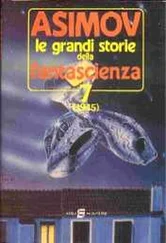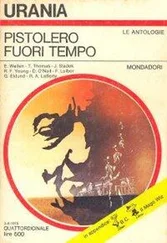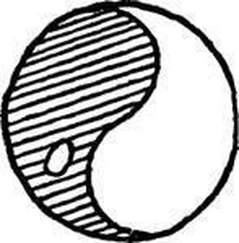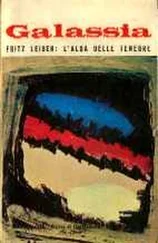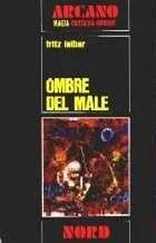Franz nodded that he got it.
Fernando moved around the room, darting quick glances at the hall door and the window. While looking in another direction he rapped loudly on the radiator with his clenched fist, then instantly gave a great start and backed off from it.
A man very afraid of something, startled by sudden noises, that must mean. Franz nodded again.
Fernando did the same thing with the bathroom door and with the nearby wall. After rapping on the latter he stared at Franz and said, “ Hay hechiceria. Hechiceria ocultado en murallas. ”
What had Cal said that meant? “Witchcraft, witchcraft hidden in walls.” Franz recalled his own wonderings about secret doors and chutes and passageways. But did Fernando mean it literally or figuratively? Franz nodded, but pursed his lips and otherwise tried to put on a questioning look.
Fernando appeared to notice the chalked stars for the first time. White on pale woodwork, they weren’t easy to see. His eyebrows went up and he smiled understandingly at Franz and nodded approvingly. He indicated the stars and then held his hands out, palms flat and away from him, at the window and doors, as if keeping something out, holding it at bay—meanwhile continuing to nod approvingly. “ Bueno ,” he said.
Franz nodded, at the same time marveling at the fear that had led him to snatch at such an irrational protective device, one that the superstition-sodden (?) Fernando understood instantly—stars against witches. (And there had been five-pointed stars among the graffiti on Corona Heights, intended to keep dead bones at rest and ashes quiet. Byers had sprayed them there.)
He stood up and went to the table and offered Fernando another drink, uncapping the bottle, but Fernando refused it with a short crosswise wave of his hand, palm down, and crossed to where Franz had been and rapped on the wall behind the couch and turning toward Franz repeated, “ Hechiceria ocultado en muralla! ”
Franz looked at him questioningly. But the Peruvian only bowed his head and put three fingers to his forehead, symbolizing thought (and possibly the Peruvian was actually thinking, too).
Then Fernando looked up with an air of revelation, took the chalk from the slate beside the chessboard, and drew on the wall a five-pointed star, larger and more conspicuous and better than any of Franz’s.
“ Bueno ,” Fernando said again, nodding. Then he pointed down behind the bed toward the baseboard it hid, repeated, “ Hay hechiceria en muralla ,” and went quickly to the hall door and pantomimed himself going away and coming back, and then looked at Franz solicitously, lifting his eyebrows, as if to ask, “You’ll be all right in the meantime?”
Rather bemused by the pantomime and feeling suddenly quite weary, Franz nodded with a smile and (thinking of the star Fernando had drawn and the feeling of fellowship it had given him) said, “ Gracias. ”
Fernando nodded with a smile, unbolted the door, and went out, shutting the door behind him. A little later Franz heard the elevator stop at this floor, its doors open and close, and go droning down, as if headed for the basement of the universe.
Franz felt a little as though he imagined a punch-drunk boxer would. His ears and eyes were still on guard, tracking the faintest sounds and slightest sights, but tiredly, almost protestingly, fighting the urge to slump. Despite all the day’s shocks and surprises, his evening mind (slave of his body’s chemistry) was taking over. Presumably Fernando had gone somewhere—but why? to fetch what?—and eventually would come back as he’d pantomimed—but how soon? and again why? Truly, Franz didn’t much care. He began rather automatically to tidy around him.
Soon he sat down with a weary sigh on the side of his bed and stared at the incredibly piled and crowded coffee table, wondering where to start. At the bottom was his neatly layered current writing work, which he’d hardly looked at or thought of since day before yesterday. Weird Underground —it was ironic. Atop that were the phone on its long cord, his broken binoculars, his big, tar-blackened, overflowing ashtray (but he hadn’t smoked since he’d got in tonight and wasn’t moved to now), the chessboard with its men half set up, beside it the flat slate with its chalk, his prisms, and some captured chess pieces, and finally the tiny wineglasses and the square bottle of kirschwasser, still uncapped, where he’d set it down after offering it a last time to Fernando.
Gradually the whole jumbled arrangement began to seem drolly amusing to Franz, quite beyond dealing with. Although his eyes and ears were still tracking automatically (and kept on doing so) he almost giggled weakly. His evening mind invariably had its silly side, a tendency toward puns and oddly mixed clichés, and faintly psychotic epigrams—foolishness born of fatigue. He recalled how neatly the psychologist F. C. MacKnight had described the transition from waking to sleeping: the mind’s short logical daytime steps becoming longer by degrees, each mental jump a little more far-fetched and wild, until (with never a break) they were utterly unpredictable giant strides and one was dreaming.
He picked up the city map from where he’d left it spread on his bed and without folding it he laid it as if it were a coverlet atop the clutter on the coffee table.
“Go to sleep, little junk pile,” he said with humorous tenderness.
And he laid the ruler he’d been using on top of that, like a magician relinquishing his wand.
Then (his ears and eyes still doing their guard rounds) he half-turned to the wall where Fernando had chalked the star and began to put his books to bed too, as he had the mess on the coffee table, began to tuck in his Scholar’s Mistress for the night, as it were—a homely operation on familiar things that was the perfect antidote even to wildest fears.
Upon the yellowed, brown-edged pages of Megapolisomancy —the section about “electro-mephitic city-stuff”—he gently laid Smith’s journal, open at the curse.
“You’re very pale, my dear,” he observed (the rice paper), “and yet the left-hand side of your face has all those very odd black beauty marks, a whole page of them. Dream of a lovely Satanist party in full evening dress, all white and black like Marienbad , in an angelfood ballroom with creamy slim borzois stepping about like courteous giant spiders.”
He touched a shoulder that was chiefly Lovecraft’s Outsider , its large forty-year-old Winnebago Eggshell pages open at “The Thing on the Doorstep.” He murmured to his mistress, “Don’t deliquesce now, dear, like poor Asenath Waite. Remember, you’ve got no dental work (that I know of) by which you could be positively identified.” He glanced at the other shoulder: coverless, crumble-edged Wonder Stories and Weird Tales , with Smith’s “The Disinterment of Venus” spread at the top. “That’s a far better way to go,” he commented. “All rosy marble under the worms and mold.”
The chest was Ms. Lettland’s monumental book, rather appropriately open at that mysterious, provocative, and question-raising chapter, “The Mammary Mystique: Cold as…” He thought of the feminist author’s strange disappearance in Seattle. Now no one ever could know her further answers.
His fingers trailed across the rather slender, black, gray-mottled waist made of James’s ghost stories—the book had once been thoroughly rained on and then been laboriously dried out, page by forever wrinkled, discolored page—and he straightened a little the stolen city directory (representing hips), still open at the hotels section, saying quietly, “There, that’ll be more comfortable for you. You know, dear friend, you’re doubly 607 Rhodes now,” and wondered rather dully what he meant by that.
Читать дальше
